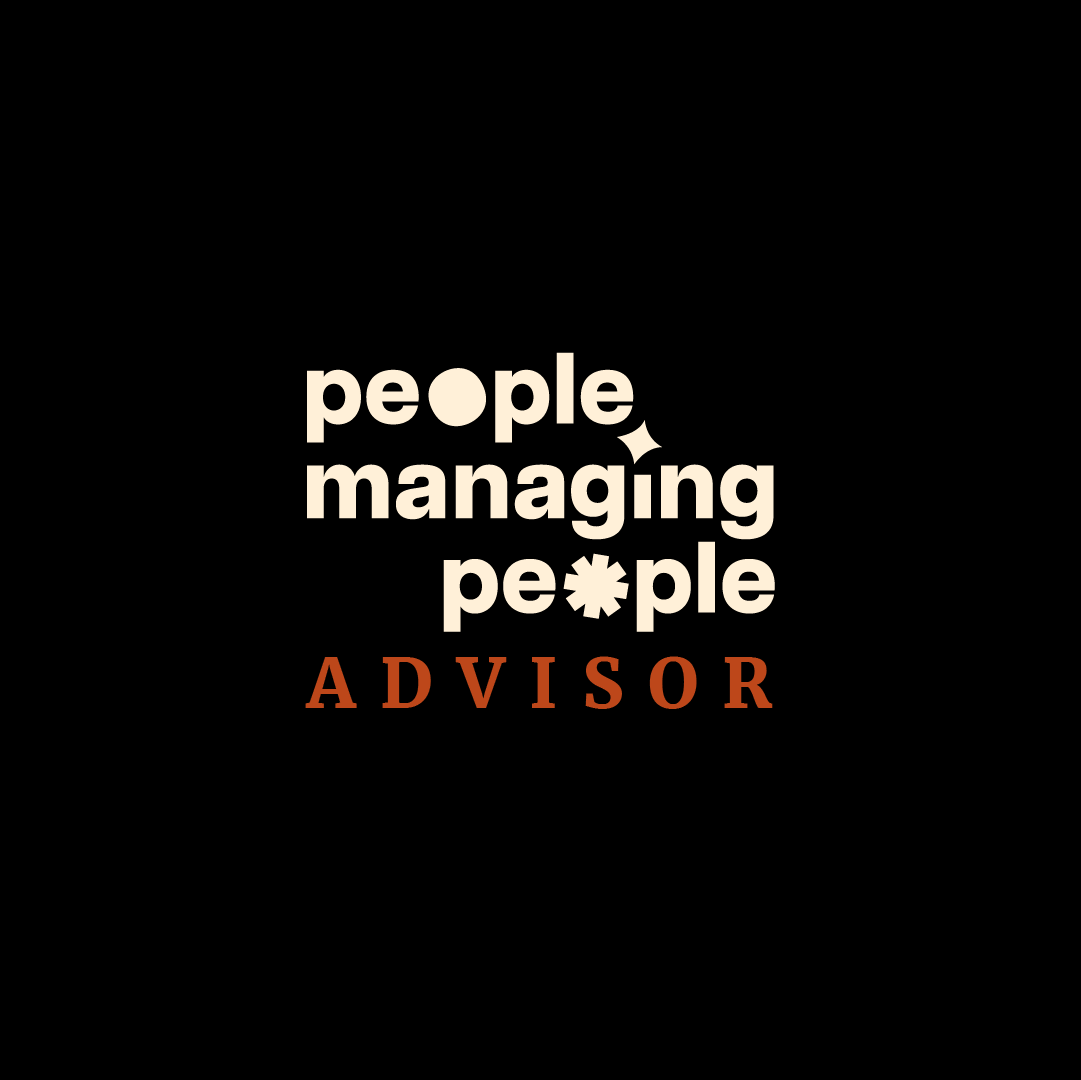Your network is a key part of your success. In any given workweek you might find yourself on the phone with an old contact, adding someone new to your network, reaching out to facilitate an introduction for somebody else, or even just checking up on an old friend to see how they're doing.
With such a huge network, how on Earth can you remember all of these phone numbers? It's impossible to store everybody's contact information in your brain, even if you have an impressive memory.
Fifty years ago you might have had the answers in a rolodex of index cards that sat permanently on your office desk, somewhere in between your company-issued ashtray and your rotary dial phone. Today, the office has changed completely, and your old rolodex is somewhere in a museum.

If you want to keep running your business effectively, you need a central repository to keep track of your contacts. Enter contact management software.
What is contact management software?
Contact management is using an automation system to keep all of your contacts handy and easily accessible in one place. Think of it as a virtual address book.
Contact management systems keep track of each person's name, address, employer, location, telephone number, and email right at your fingertips, so you no longer have to go hunting through your memory to find someone.
The most important part of an effective contact management system is that it keeps the people that you need most in your business at an easy reach. Similar to call center software, contact management software ensures your team can meet or exceed your ever-evolving customer expectations.
If your business depends at all on people, such as clients or to conduct sales transactions or whether you're simply looking to reconnect, you know that the fortune is in the follow-up. An effective contact management software will help handle that key customer data that your business depends on.
What are the benefits of contact management software?
Imagine having a full history of customer interactions right at the click of a button. Contact management software has full functionality to allow you to not only see all of your contacts in one place, but it can also track your engagement history with them.
Every phone call, every email, and every lunch meeting can be logged in your contact management software. When did you last phone this person? What did they tell you about their candidate or customer experience? Are you planning to write to them and then see that someone from your sales team reached out to them just yesterday?
To that end, your contact management software is critical for your sales team to help them manage their deals. Salespeople, and hiring teams, thrive on their network of contacts, and good contact management is critical for their success in a small business.
How else will you remember when to follow-up with a specific lead or candidate, or when to send birthday greetings to your favourite supplier? The ability to set notifications within your software ensures that you will never miss key dates to reach out.
The true benefit to managing your contacts digitally is that they are completely accessible on the go. As a small business you may be constantly on the road, and may have a sales team that never sits still. This keeps their sales pipeline at their fingertips, and helps salespeople feel confident that they can access this key resource without missing a beat.
Key features of contact management software
While we often take some of the basic computer applications that we use for granted, these contact management features can be instrumental when it comes to contact management.
For example, a cloud based contact management software can connect with a company's entire document management system, which then allows easy file sharing between contacts. If you are looking to send out materials for a marketing campaign for example, or looking at some sort of marketing automation for your sales leads, the ability to send documents with ease may be instrumental to a successful campaign.
Contact management software is also an important tool for engaging with your business' social media. With the ability to tie contacts into their social media accounts, you can get a sense for what your customers and clients are saying about your business publicly in real-time.
Are they having positive interactions? Have they offered a great testimonial on a popular platform? This sort of customer information is key for keeping track of your customer satisfaction.
Contact management software vs. a CRM
Far too often contact management software is mistaken for customer relationship management systems, commonly known as CRM systems or a "CRM" for short. The mistake is an easy one to make, as contact management is a core part of what a customer relationship management software does.
The difference is that contact management is just one portion of what CRM software does. Customer relationship management is designed to show the customer's entire journey through the sales process—documenting every engagement, every transaction, and every single piece of the sales pipeline.
The difference for most small businesses often comes down to pricing and to workflow. A CRM usually offers multiple additional features, and ones that most small businesses will not need.
Adopting a CRM requires a business and its sales reps to completely restructure their sales management structure, including their data entry process and how they keep track of their contact data.
Moreover, a full suite CRM platform is far more expensive than a simple contact management solution. CRM solutions are generally built for larger enterprises, and thus priced accordingly.
The right contact management tools can handle your business needs well without breaking your budget. If your business does grow beyond the needs of a contact management solution, then a CRM tool may be within your future.
Check This Out: 10 Best Enterprise Performance Management (EPM) Software Vendors
Need expert help selecting the right Customer Service Software?
If you’re struggling to choose the right software, let us help you. Just share your needs in the form below and you’ll get free access to our dedicated software advisors who match and connect you with the best vendors for your needs.
How to pick the best contact management software?
There are great examples of contact management tools available depending on your particular needs.
For some small businesses, an address book in Gmail might be able to fit the bill. Other tools such as Hubspot have free versions that integrate into Gmail with ease and can keep track of all of your email interactions and business contacts.
Hubspot, for example, also allows you to build templates that make your email communications even easier. Both Gmail and Hubspot also have the benefit of mobile apps to make it easy to use them on the road.
As you grow, there are popular providers on the market such as Zoho and Salesforce that offer full suite CRM solutions. No matter what your needs, there is a solution available to help manage your contact lists and make your overall setup that much easier.
For more, check out our pick of the best contact management software on the market today.
Also Worth Checking Out:



